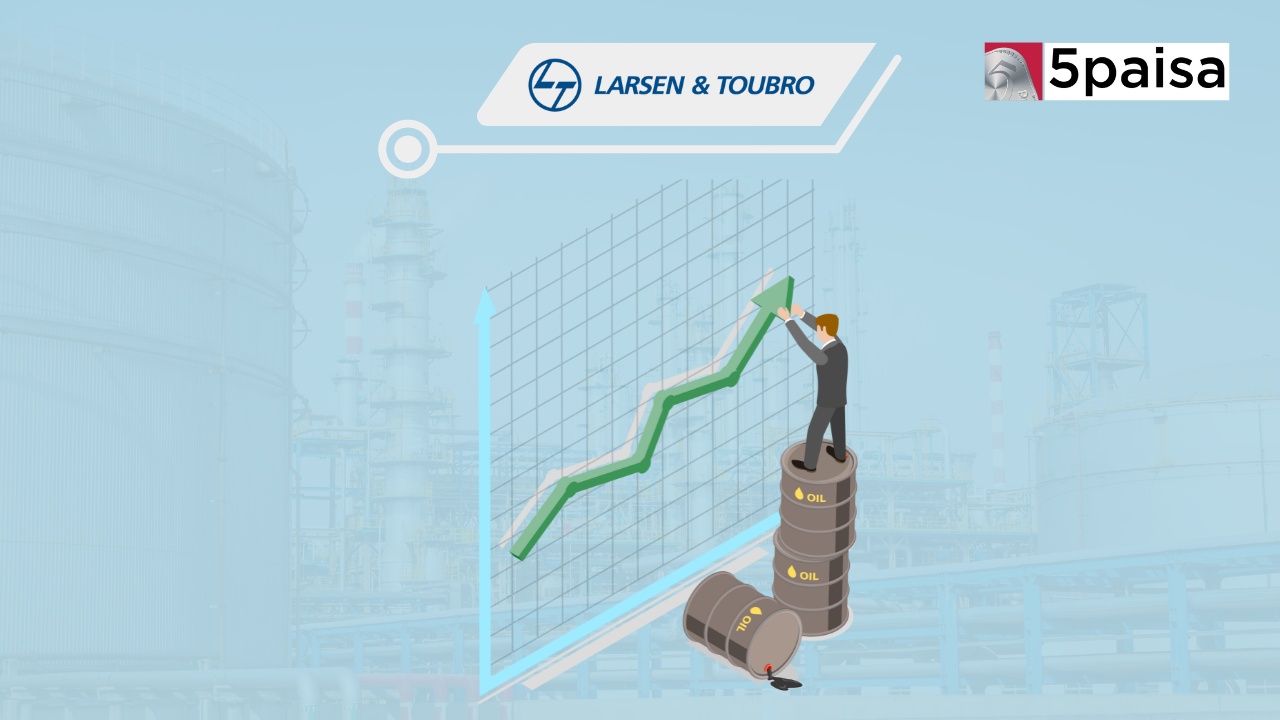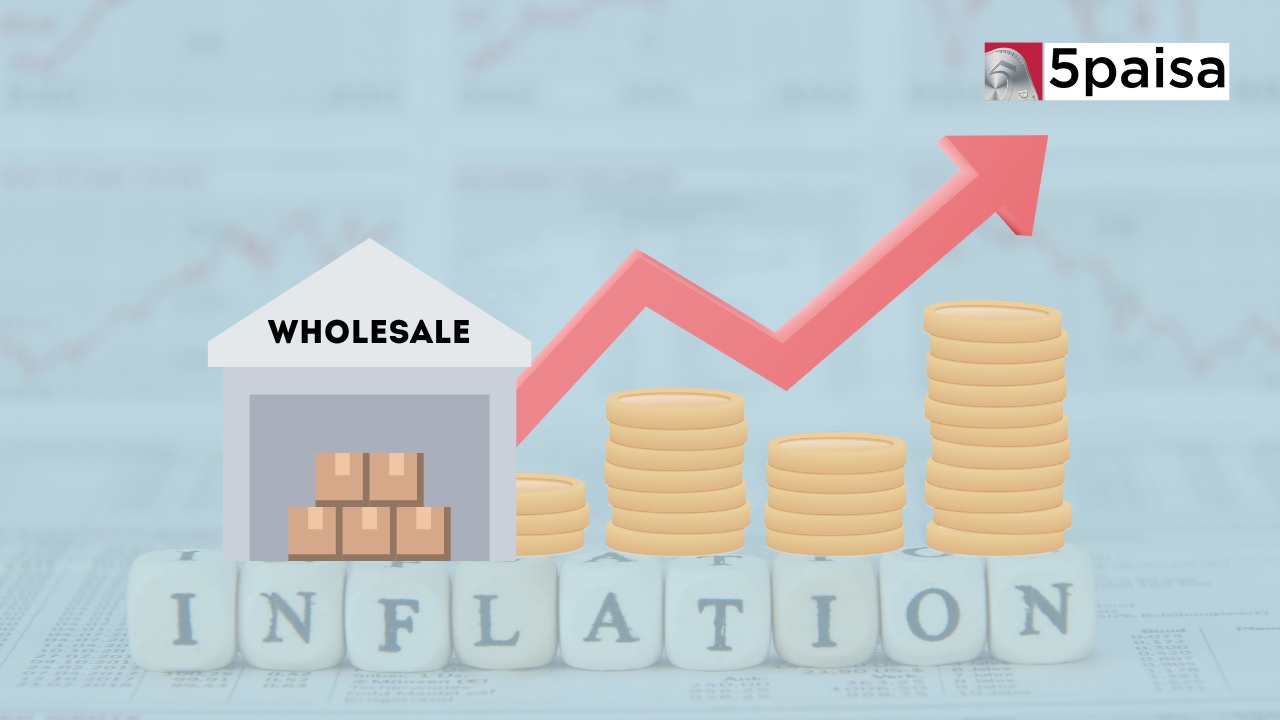Govt Eyes ₹5 Lakh Exemption Under New Tax Scheme; Wider Relief Unlikely

The government aims to enhance the country's remarkable GDP growth by stimulating consumption, particularly to counteract the lower spending levels of the middle class. According to several government officials, one proposed method to achieve this is by reducing specific personal income tax rates.
The Centre is planning to raise the income threshold for taxation from the current ₹3 lakh to ₹5 lakh in the forthcoming budget, expected to be presented in mid-July, according to one official. This change will apply exclusively to individuals filing under the new tax regime and is intended to increase disposable income, especially for those in the lower income bracket.
The Budget 2020 introduced an option for individuals to select between the existing tax structure, which includes provisions for reduced tax liability through specific investments, and a new system that offers universally lower tax rates but eliminates most deductions and exemptions.
A second official mentioned that the Centre is unlikely to consider the industry representatives' request to reduce the highest individual income tax rate under the new regime from 30 percent to 25 percent. The official explained, "Changes in higher income tax slabs are unlikely because the current focus is on boosting consumption among lower-income individuals."
The government is also unlikely to adjust the rates under the old tax regime, despite requests to raise the threshold for the highest income tax rate of 30 percent from ₹10 lakh to ₹20 lakh. This decision aims to encourage more people to transition to the new regime, which discourages exemptions and rebates.
In the new tax regime, individuals earning more than ₹15 lakh annually fall into the highest 30-percent tax bracket, whereas, in the older regime, this bracket starts at earnings above ₹10 lakh. According to a third official, the Centre is prioritizing the potential reduction of personal income tax rates over significantly increasing expenditure on subsidies and other schemes that are susceptible to wastage.
"Tax rate cuts are a better way to boost consumption in the economy rather than splurging on welfare schemes given that such programmes are impacted by leakages to an extent, thereby leading to a situation where the benefit of the scheme sometimes fails to entirely reach those who need it the most," this official added.
The discussion around measures to boost consumption has emerged as the country is experiencing a 20-year low in private consumption growth, at around 4 percent, excluding the pandemic year. This situation persists despite the impressive GDP growth rate of 8.2 percent in FY24.
- Flat ₹20 Brokerage
- Next-gen Trading
- Advance Charting
- Actionable Ideas
Trending on 5paisa
06
 Tanushree Jaiswal
Tanushree Jaiswal
Indian Market Related Articles
Disclaimer: Investment in securities market are subject to market risks, read all the related documents carefully before investing. For detailed disclaimer please Click here.
 5paisa Research Team
5paisa Research Team




